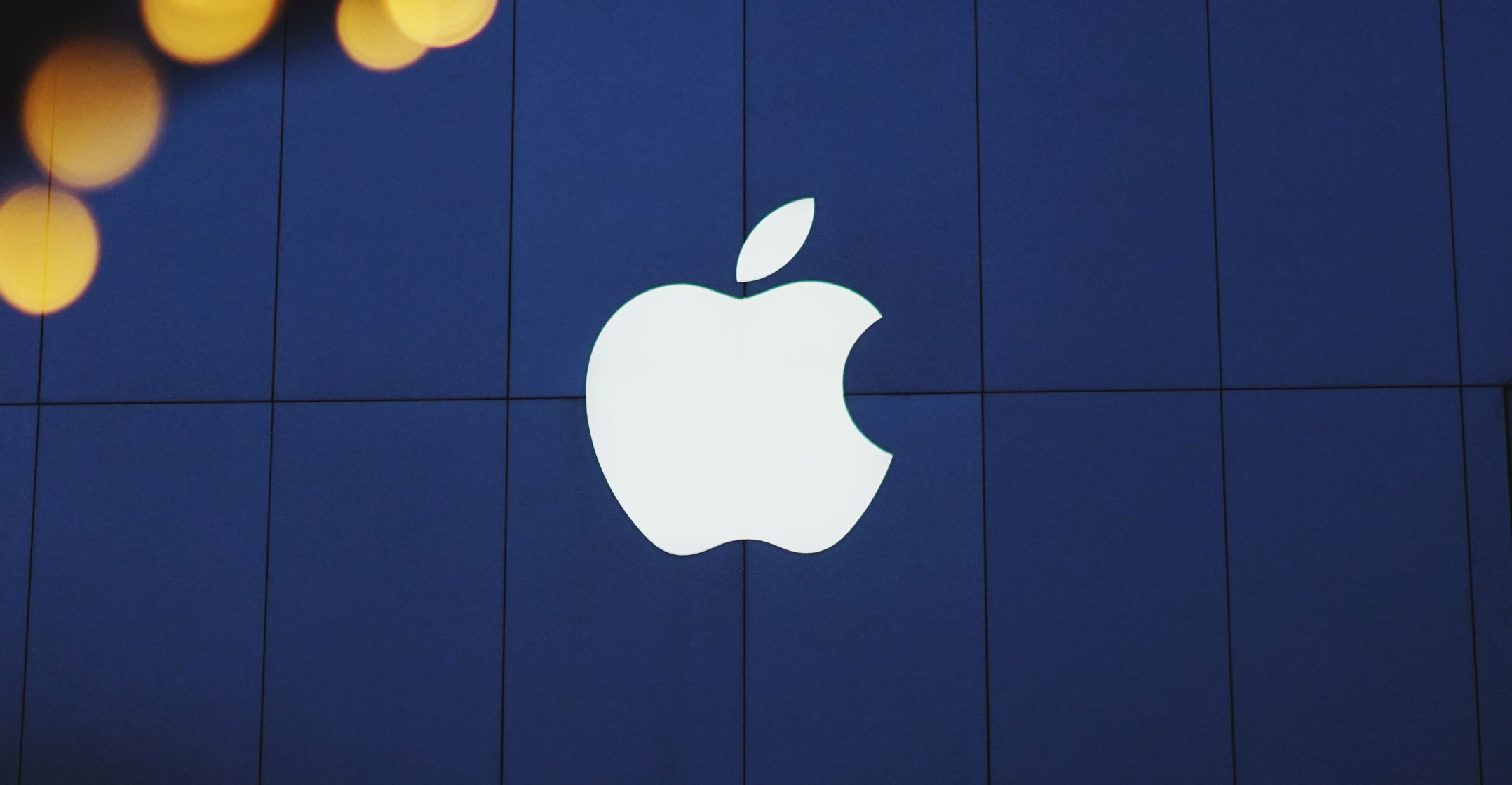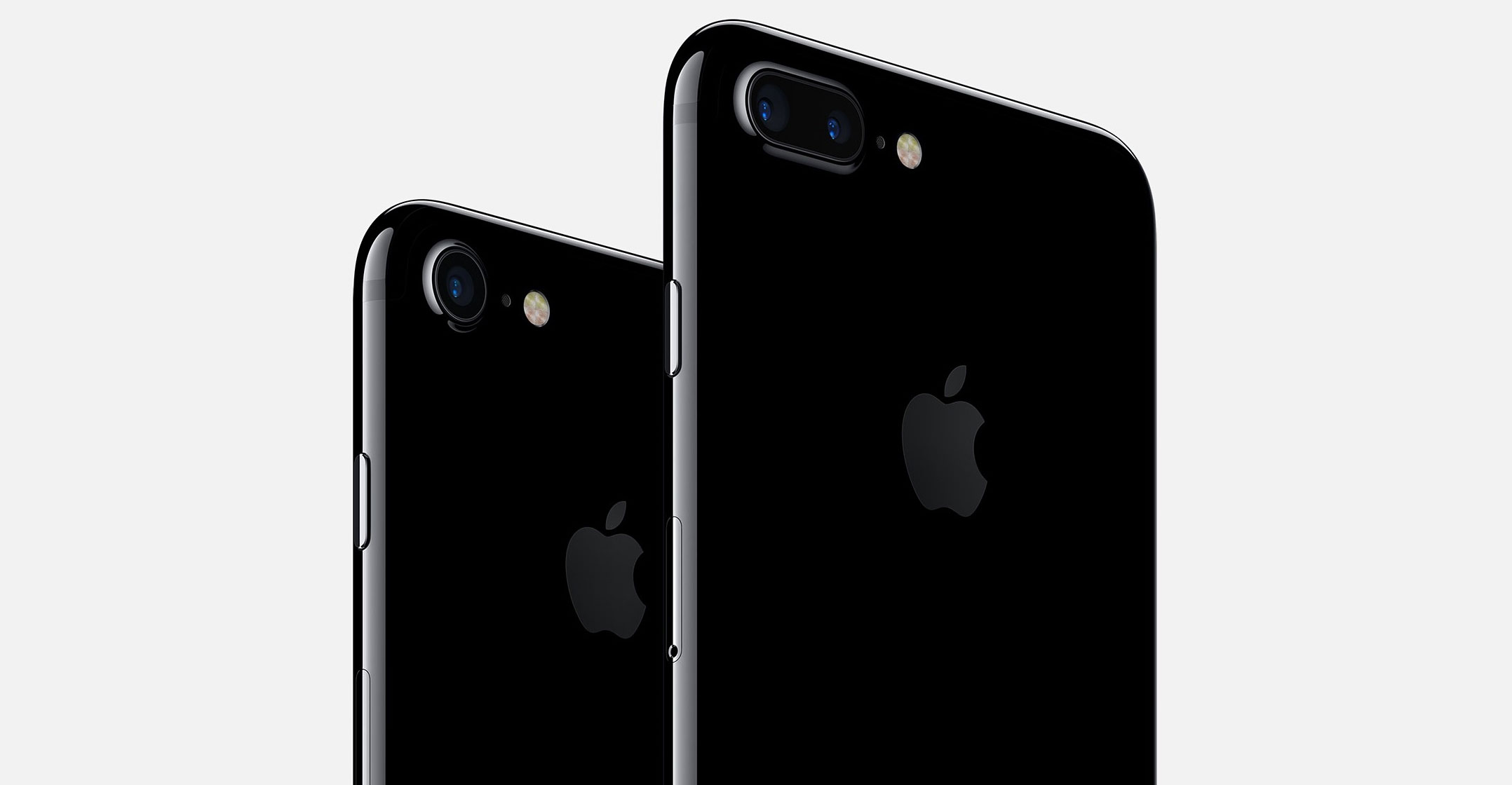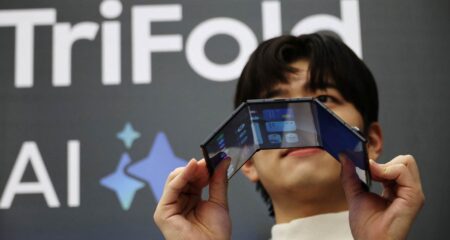
One of Apple’s most fiercely guarded secrets? The name of the next iPhone. It’s known that the device will launch later this year, complete with a stainless steel and glass body, a better screen and a speedy 3D sensor that recognises your face. It may be called the iPhone X to celebrate the iconic product’s tenth anniversary or just iPhone 8. But Tim Cook doesn’t want us to know for sure until he utters the name on stage.
In recent years, Apple-obsessed sleuths have managed to ferret out the names and details of the company’s products by searching trademark offices around the world. But their challenge has become exponentially harder thanks to a well-timed rule change at Jamaica’s trademark office and some clever manoeuvring in Liechtenstein.
First a little background. Apple has employed various tactics to keep its product names secret over the years. One is to simply register the name via a Delaware shell company. That’s what the company did as it was preparing to launch the iPad in 2010. But the trademark was also filed in major regions like Asia, and by the time Steve Jobs unveiled the iPad at a splashy event in San Francisco, the self-styled detectives had plastered the product’s name all over the Web.
A more effective approach also used by Google, Amazon and other tech companies involves registering names in foreign countries without searchable trademark databases. The tactic leverages a rule in section 44(d) of the US Trademark Act that lets companies apply for a trademark in one country and receive registration priority in the US if filed there within six months of the original, foreign filing date. Of the 177 countries that comply with US rules, 66 lack online trademark databases. These include Trinidad and Tobago, Barbados, Peru and Jamaica. The latter has become a favourite hiding place for companies such as Apple.
The Jamaica Intellectual Property Office is housed in a modern palm-flanked building in the capital, Kingston. Thirty-one people work there and at least 10 trademark searches are conducted each day, according to the office’s director, Lilyclaire Bellamy. The only way to conduct searches is in-person, meaning sleuths need to fly to Jamaica or hire a local trademark lawyer to search the office’s computer system like an old-school library. Searches are free, but it costs 150 Jamaican dollars (US$1.17) to print out each page.
Jamaica
Last year, a Dublin-area attorney named Brian Conroy, having learnt that Apple used Jamaica to register its trademarks, decided to see if he could dig up information on future products. Why would an Irish lawyer do such a thing with no obvious way to monetise the information? In an e-mail, he cited three reasons: “Because I could, because I quite like the little glimpse into the future that newly filed trademarks can give [and] shameless self-promotion.” Conroy figured the international celebrity would help him land “cool new clients who might not want a boring lawyer in a suit.”
The self-described “trademark ninja” paid a local law firm hundreds of dollars to search the office’s on-site computers — and hit a rich vein. Months before Apple’s September and October launch events last year, Conroy published a list of trademarks applied for in Jamaica. One pair of filings, the “iPhone 7” and “iPhone 7 Plus”, were obviously the next handset models. Conroy also pulled up less obvious names like “AirPods” and “Touch Bar”. The AirPods ended up being the name for Apple’s new wireless earphones, while the Touch Bar is the touch screen strip on the latest MacBook Pro keyboards. (The name AirPods popped up even earlier under a shell company trademark in the US.)

A few months ago, Apple applied to register the trademark for its new Siri-powered speaker in Liechtenstein — the first time the company had used the principality to file for trademark priority in the US. While the principality has an online trademark database, product names don’t show up until the trademark application is approved, a process that takes time. As a result, the world didn’t learn the gadget’s name — HomePod — until its unveiling in June. Apple declined to comment.
“I suspect Apple will keep jumping from jurisdiction to jurisdiction to keep prying eyes away,” Conroy says. “It would be a shot in the dark every time to find the trademarks of future product names.”
Even a shot in the dark may be overly optimistic. Three weeks after the Jamaican trademark filings for the new iPhone and earphones hit the Web last year, the local trademark office made it a lot harder to search for product names.
Under new rules posted in the office, “proprietor searches and date range searches will no longer be available using these public computers. Proprietor searches will be performed by the office upon request and payment of the requisite fees, with only information on published and registered marks being provided.” Office director Bellamy says the notice isn’t a change and was posted to ensure visitors understand the rules. But Conroy considers the notice a substantial adjustment.
He says it’s now next to impossible to discover product names, especially for entirely new gadgets or computers. “You can no longer search for ‘any applications filed by Apple in the last X months’,” Conroy says, “which is what you really need to do to find trademarks for products which don’t yet exist and which we don’t know the name of.” — Reported by Mark Gurman, (c) 2017 Bloomberg LP




